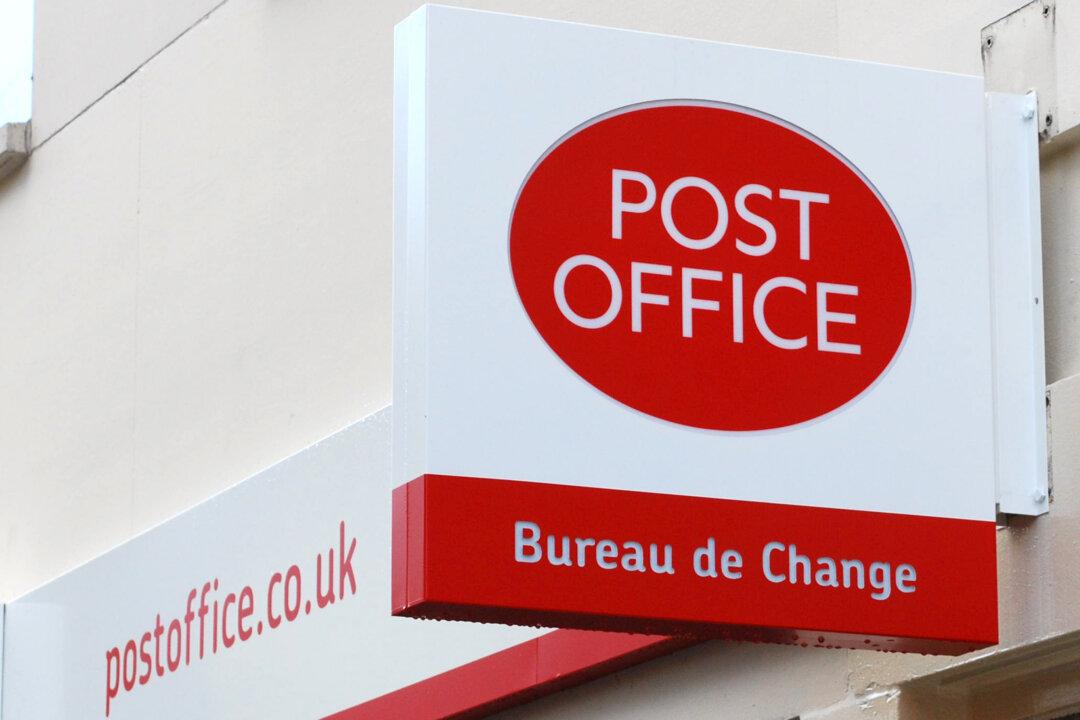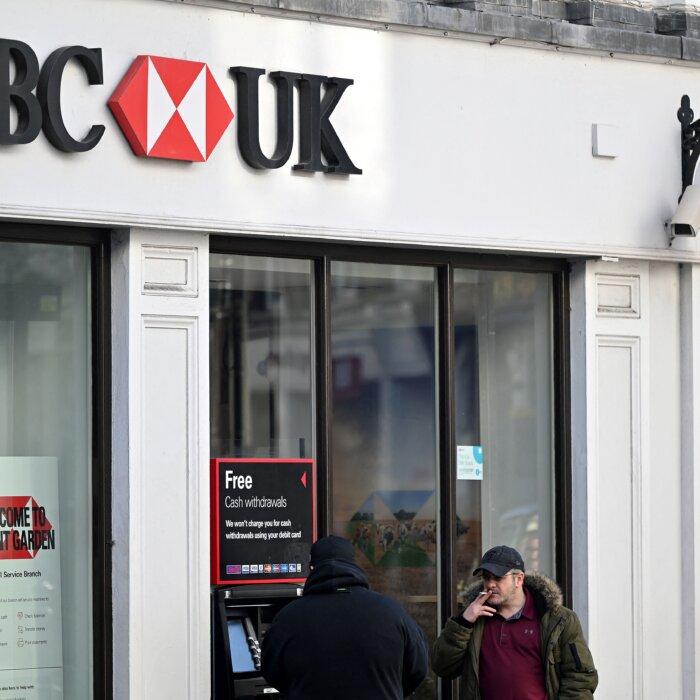The Post Office saw more than £1 billion in cash withdrawals in one month for the first time on record.
The state-owned company said on Monday that in December, it saw £979 million worth of personal cash withdrawals and £35 million worth of business cash withdrawals, totalling just over £1.01 billion.
The previous record high was set in December 2023, when cash deposits for personal and business purposes totalled £962.8 million.
In total, cash deposits and withdrawals for last month were worth £3.7 billion in transactions.
The Post Office partners with over 30 banks, building societies, and credit unions to allow customers to access banking services at their branches.
Reliance on Cash
Ross Borkett, the banking director at the Post Office, said that the figures “demonstrate that millions of people clearly still rely on cash to manage their budget on a day-to-day basis.”Borkett continued, “We saw significant amounts of cash withdrawn every day in the run up to Christmas Day, highlighting just how vital it is for people to be able to withdraw the amount of cash that they need, to the penny if they require, at our branches.”
The banking director also noted that cash drawn locally “tends to be spent locally,” which demonstrates the role that accessing cash from Post Offices has in supporting high street businesses.
Cash Use on the Rise
Last month, the British Retail Consortium (BRC) found that the use of cash had risen for the second year in a row, indicating that physical currency is still seen by the population as “a vital form of payment.”The BRC said that in 2023, 19.9 percent of transactions used cash, up from 18.8 percent in 2022. Card payments still dominate, however, accounting for over 75 percent of transactions and 85 percent of spending.
“Persistent inflation and the cost of living crisis continued to affect households across the country and many consumers used cash to budget more effectively,” said the BRC payments policy adviser, Chris Owen.

Campaigners for the financial inclusion of vulnerable groups have also called for the continued accessibility of cash.
In December, the Treasury Committee heard from charity Age UK that older people who do not manage their money online or who do not use the internet find cashless payments challenging.
Cash Discouraged
The BRC has said that all large retailers are committed to accepting cash.However, consumers have noted a rise in the number of services and businesses which are either refusing or discouraging the use of cash.
LINK, the UK’s main ATM network, published research in December showing that 50 percent of adults had recently been somewhere that did not accept cash or discouraged it, up 22 percent on the year before.
Parking was the most common service that rejected cash, according to LINK’s survey of consumers, with over one-fifth (21 percent) of people saying parking was an issue, up 11 percent on last year.
This was followed by cafes and restaurants (20 percent), with pubs and public transport coming in joint third on 10 percent.
Graham Mott, director of strategy at LINK, said that while mandating cash acceptance in other countries has not always been successful, “there is still a huge reliance on cash alongside the growing risk of digital exclusion.”
Protecting Cash Access
In September, new rules from the Financial Conduct Authority came into force whereby local residents and businesses could request an assessment of cash access in their area.Local groups and charities can make a request for an assessment directly to LINK or to designated banks including Santander, Lloyds, and HSBC. Once the request is made, LINK has 12 weeks to conduct an assessment.
If a significant gap in cash access is found, cash access will be expanded in that area, whether that means maintaining bank branches, introducing a banking hub, installing an ATM, or introducing Post Office facilities.







